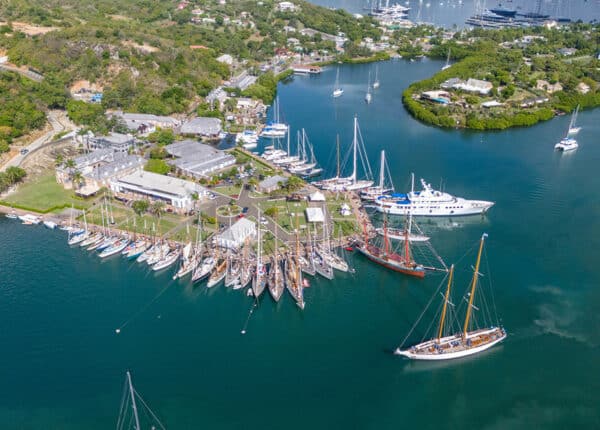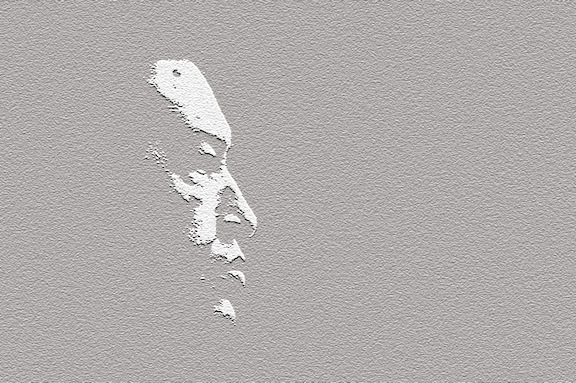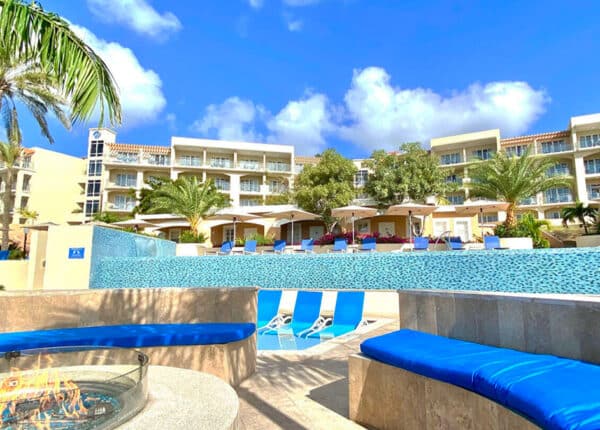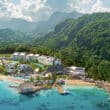By Michael W Edghill
CJ Contributor
Why should Caribbean nations be concerned with the political unrest that will not abate in Venezuela?
The answer, based upon the statements issued by various Caribbean heads-of-state and Caricom itself, appears to be that they shouldn’t be overly concerned.
Responses laced with appeals to the respect of the democratic process or to individual state sovereignty have been the norm.
Absent are acknowledgements that, especially regionally, a community of nations does exist and that geopolitical truths still pervade.
What happens in one state does, in fact, create a ripple effect that extends outward.
Whether those ripples remain minor effects or become waves of societal complications differ depending on the nature of the event in the one state and on the insulation of the neighboring states by way of economic and geopolitical independence.
Concerning Venezuela and the Caribbean, most attention is paid to the inevitable restructuring (if one is optimistic) of PetroCaribe.
Even more critical for the Caribbean is not the economic security of changes to Venezuela’s regional oil subsidization program but the issues of citizen security that stem from the illicit drug trade that permeates the Caribbean basin.
To illustrate why their should be a renewed push for geopolitical engagement to ensure citizen security in the Caribbean, one need only look back to the beginning of the Chavez regime in Venezuela.
In 1999, Hugo Chavez assumed power in Venezuela carrying the banner of societal reform with him.
His “Bolivarian Revolution” sought to put into effect a model of “21st Century socialism” in Venezuela that would extend throughout the region.
Chavez quickly became the leading figure among many political leftists throughout Latin America with his flamboyant rhetoric that castigated the Western capitalist system, his perpetual chiding of “Yankee imperialism”, and his both rhetorical and financial support of the Castro regime in Cuba.
These grandiose acts were not the type that would avoid creating some type of ripple effect.
Almost simultaneous to the beginning of the Chavez era, the government of Colombia was embarking on a bilateral effort with the United States called Plan Colombia.
The US committed billions of dollars in aid and military support to assist the Colombian government in waging war on the drug cartels and traffickers.
What happened over the next few years was a decline in drug violence in Colombia and an apparent reduction in drug trafficking.
While statistical evidence is inconsistent, there appears to have been a corresponding increase in drug trafficking through Venezuela.
There are various responses that can account for why this happened, but they all end up pointing back to the Chavez government.
One explanation is that the Chavez government was incompetent in fighting an increase in drug trafficking through Venezuela.
For support of the charges of incompetence in the Chavez government, one need look no further than the degradation of PDVSA.
Another explanation offered, supported by politically-right policy centers in Washington, is that the military under Chavez became extremely corrupt and took an active part in the drug trade by helping move cocaine shipments from the Colombian border to shipment points on the Caribbean coast.
A final explanation is that the Chavistas in high-level government positions coordinated with members of FARC to move drugs across the border for shipment.
This scenario is supported with evidence of Chavez government support for FARC because of their political philosophies and due to the insistence by the United States that part of Plan Colombia include an attempt to neutralize FARC.
Whatever the direct cause, it is at this point that the ripple effect of internal political actions in one nation and the internal security actions taken in another nation begin to wash up on Caribbean shores.
Vice News garnered a lot of attention throughout the region in May for its report entitled “Murder and Corruption in Trinidad.”
The piece appeared to be attempting to expose the root cause of the problem of gang-violence in Trinidad. While the blatantly apparent problem of drug trafficking and its associated sins was clear as the source of the crime problem, the answer to the question of ‘How did this end up happening here?’ seemed to evade answer.
The only answer seemingly offered by the report as to why a relatively advanced and stable country economically was plagued with such rampant crime was that the 1990 coup was the catalyst. The report went so far as to seek out Abu Bakr and allow him to take credit for it.
This answer is simply grasping at straws and fails to account for the effects that events in other nations have on a globally connected world.
Especially events that change the geopolitical balance in one region of the world.
If it is acceptable to lay the blame for drug trafficking on demand and punitive laws in the US and Europe, then it is equally appropriate to examine other external factors coming from the supply side of the drug trade.
Again, in 1999, Plan Colombia began implementation and Hugo Chavez took control in Venezuela.
At that time, the murder rate in Trinidad & Tobago was 7.4 per 100,000 citizens.
By 2007, the murder rate had reached 30.6 per 100,000 citizens.
Over the same time period, the murder rate in Jamaica also doubled.
In the case of Trinidad, this explosion in the murder rate occurred simultaneously with unprecedented high prices for oil on the global market.
Growth in Trinidad should have been robust and prosperity should have been flowing into government programs to assist the downtrodden and provide stability for society.
Instead, the nation entered a downward spiral into entrenched gang warfare over control of the drug trade through Trinidad.
Statistical evidence of murder rates throughout the Caribbean and in Caracas itself, combined with evidence of an increase of drug trafficking through Venezuela, suggest that the problems of gang warfare that tear at the fabric of Trinidadian society can, in part, be attributed to the rise of power of Hugo Chavez.
This does not absolve the government from culpability regarding its responsibilities to provide for citizen security. Rather, it is worth taking account of so that one can understand the reasons for the growth of violent drug related activities in Trinidad.
A look at the Chavez effect on drug trafficking in the Caribbean helps to illustrate the importance for governments throughout the region to remain engaged in political events outside of their own borders.
Believing that one state, especially a small state, can isolate itself from others in the 21st Century is naïve at best.
And while no one state may possess the ability or will to attempt to influence the internal actions of another state, disengaging from events that stand to shape the future of the region is unwise.
It leads to reactionary policies from governments as opposed to governments who create proactive solutions.
So while the turmoil in Venezuela continues into the immediate future, regional leaders should pay more than a cursory glance to their neighbors as the results of these events may have long-lasting repercussions.
Michael W Edghill, a Caribbean Journal contributor, teaches courses in US Government & in Latin America & the Caribbean. His work has also appeared in the Yale Journal of International Affairs and Americas Quarterly.






